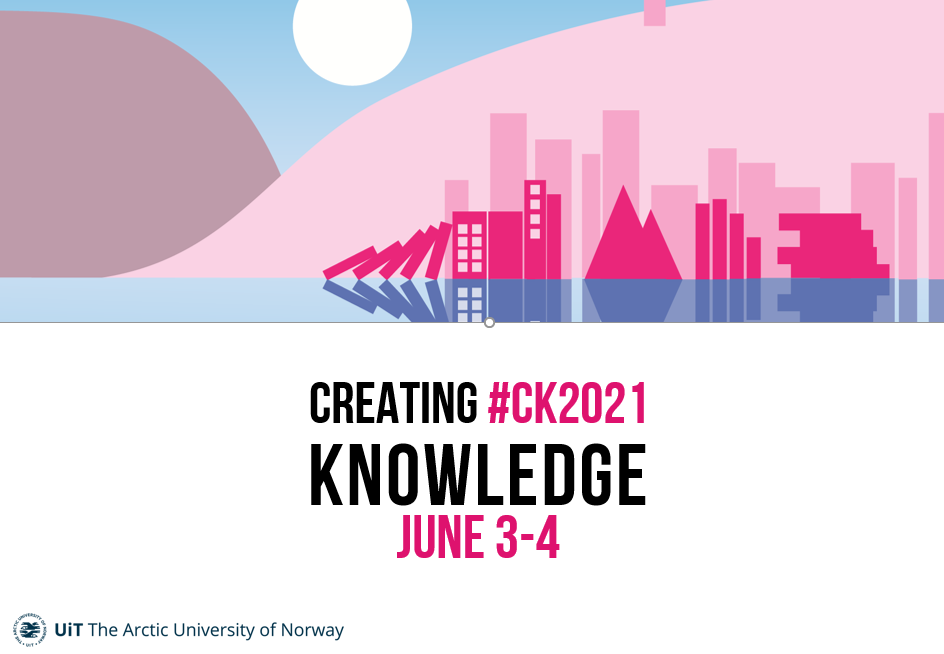An archaeology of information landscapes?
DOI:
https://doi.org/10.7557/5.5839Keywords:
information landscapes, maps, mapping, information literacyAbstract
In its modern form, information literacy was named by Zurkowski (1974), but humans have been creating and using information landscapes since prehistory. Lloyd (2010, 9-10) describes these landscapes as “intersubjectively created spaces that have resulted from human interaction, in which information is created and shared and eventually sediments as knowledge.” It can be surmised that evidence of these landscapes, even from centuries ago, should be visible in the present, including the physical structures and associated graphical and discursive maps (Whitworth 2020) that help users navigate the space and communicate practices to others. This presentation discusses an archaeological study of information landscapes both ancient and modern, based on questions such as:
•What is the form of the landscape?
•What practices are evident within this landscape? How do these make learning possible?
•How is authority distributed over these practices?
•Who has stewarded the landscape?
•What knowledge ‘sediments out’ of these landscapes as they have been deposited?
•How have these landscapes been made sustainable?
Two landscapes will be examined in detail. First, medieval world maps, including the Map Room at the Vatican and the Mappa Mundi at Hereford, UK. These maps are oriented to helping users navigate not only the geographical landscape but the landscape of ecclesiastical authority and power. Second, the landscape emerging from the Legacies of British Slavery project (https://www.ucl.ac.uk/lbs/). This is an example of how research and mapping conducted in the present time has revealed landscapes that were significant, but obscured by politics and power, both 200 years ago and in the present. This study shows how archaeology, in its own right, is a significant expression of information literacy. In summary, investigating landscapes and maps in this way reveals how IL can be developed through a critical pedagogy of place (Gruenewald 2008).





